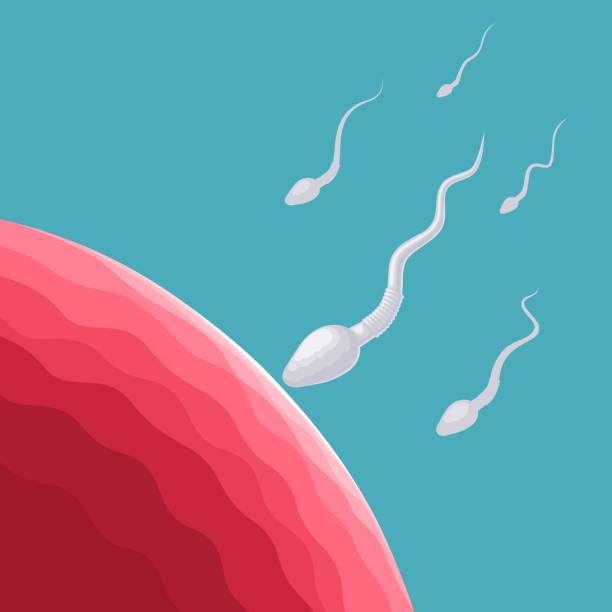- Enoch Oyedibu
- Annie Daly, IVF
- 0 Comments
- 1185 Views
IVF is a complex process involving surgical retrieval of eggs, fertilization outside the body, and embryo transfer, which has been physically and emotionally taxing.
Annie Daly, a New York-based freelance writer and her husband, Rahul, were undergoing in vitro fertilization (IVF) to conceive a biological child. But the thought of IVF at first, came as a nostalgia — bittersweet — for them. Annie was just 36 years old at the time they started. Three years later no success was recorded. They still live in “infertility trenches,” as Annie had written. Moreover, no hope was lost even after three failed rounds, two cancelled rounds, and one failed IUI (a less invasive fertility treatment). Annie said she also had a laparoscopic surgery — what she never knew she had in the first place.

However, despite months of unsuccessful attempts to conceive through IVF, Annie said with her husband, both of them still see IVF as a “beacon of hope—a way out of the darkness.” As such, though, they were aware of the challenges, Annie said those challenges were seamless to her, courtesy of her loving husband and flexible jobs which gave her opportunities to schedule appointments with Doctors where and when necessary.
Annie believes IVF is a complex process involving surgical retrieval of eggs, fertilization outside the body, and embryo transfer, which has been physically and emotionally taxing. And though the couple has yet to hit the jackpot, they’re not hitting out at the complex process laden with a mountain of challenges. Rather, Annie was able to preserve her sanity and maintain her marriage and she wants to share how she was able to do that with these six things she wishes she had known before starting as an IVF donor:

1. Choose a Fertility Clinic and Doctor Wisely
Annie emphasizes the importance of selecting a reputable fertility clinic and establishing a strong rapport with the medical team. A clinic’s proximity to a home can also ease frequent appointments and reduce stress.
2. Accept the Uncertainty of IVF
Annie acknowledges that IVF comes with a high degree of uncertainty, especially regarding the outcome of each step in the process. Learning to surrender to this uncertainty can alleviate stress and anxiety.
3. Prioritise Self-Care
Amidst the physical and emotional toll of IVF, self-care becomes crucial. Annie encourages individuals to engage in activities that promote well-being, such as massages, nature walks, and other forms of relaxation.
4. Manage Expectations and Coping with Setbacks
Annie advises individuals to approach IVF with realistic expectations and to allow themselves time to grieve in the face of setbacks. Clearing one’s schedule and seeking support from understanding friends and family can facilitate the coping process.
5. Communicate Preferences Regarding Pregnancy Announcements
Annie highlights the importance of advocating for oneself in social situations, particularly when it comes to pregnancy announcements. Communicating preferences, such as receiving news through text or email, can help manage triggers and emotions.
6. Maintain Hope
Despite the challenges and uncertainties of IVF, Annie emphasizes the importance of maintaining hope. She acknowledges that hope can be a double-edged sword but believes in its power to sustain individuals through difficult times.
Read Also: 5 Wellness Tips for Positive Mental Health at Work











